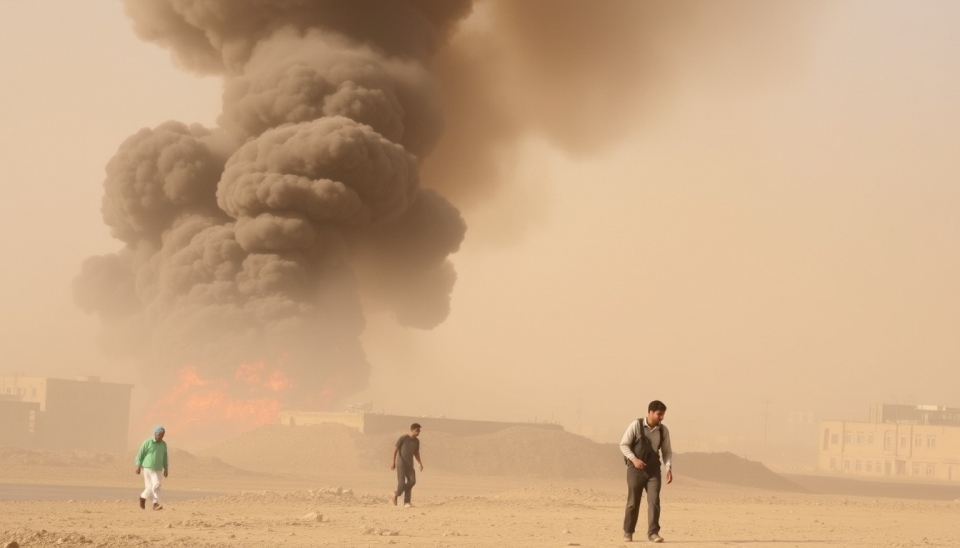Inflation Surge in Israel Amid Ongoing Conflict in Gaza

Recent economic data revealed that inflation in Israel has risen significantly, exceeding experts' expectations. This spike in inflation coincided with the ongoing military conflict with Hamas in Gaza, impacting the country's economy considerably. In August, the inflation rate rose to 4.3%, which is well above the forecast of 3.8%. This exacerbates the pressure on Israel's economy amid the ongoing wars and military actions, further complicating the already challenging economic landscape.
Changes in the prices of goods and services, including food and housing costs, have been the primary drivers behind this sharp increase in inflation. Specifically, food prices surged by 6%, marking the highest level in recent years. This situation poses a challenge for the government to respond effectively to economic challenges while ensuring that the population has access to necessities amid growing uncertainty.
Meanwhile, experts continue to warn of the potential for further deterioration if the conflict is not resolved in the near future. Amid ongoing attacks and military operations, businesses and consumers are under pressure from reduced purchasing power and rising instability. It has become critically important for the Israeli government to find a balance between necessary security measures and maintaining economic stability.
Additionally, some economists emphasize the need to adapt monetary policy. For example, they believe that increased interest rates may be a solution to curb inflation, although this could conversely slow down economic growth. Thus, the government is faced with a complex multi-layered challenge, where each measure could lead to new repercussions.
In summary, the surge in inflation in Israel, arising from the ongoing military conflict, calls into question the country's economic stability, presenting a series of complex solutions for its government.




